.jpg)
Jozsef Varadi, the co-founder and CEO of Wizz Air Holdings Plc, has announced a bold plan to steer the budget airline back on course within the next two years, aiming to restore investor confidence after a series of operational and strategic challenges. Varadi, who helped launch Wizz Air in 2003, has set a target to complete the airline’s turnaround by mid-2027 — timing that coincides with the anticipated resolution of technical issues plaguing the airline’s Airbus fleet and the fading impact of its ill-fated expansion into the Middle East.
“The priority is a drastic improvement in our performance. By 2027, the Pratt & Whitney geared turbofan engine problems should be behind us,” Varadi said in an exclusive interview from London. “There is no worse scenario than being grounded.”
Wizz, headquartered in Hungary, has faced a daunting couple of years. Its share price has slipped by more than a third since early 2020, with a sharp 35% drop just last year, reflecting investor skepticism amid operational disruptions and external pressures such as geopolitical conflicts. One of the airline’s biggest challenges has been a critical defect in the metal coating of the Pratt & Whitney engines powering its Airbus planes, which forced Wizz to ground a significant portion of its fleet for expensive and lengthy repairs, derailing growth plans.
The airline’s ambitions to grow in the Middle East also suffered a major setback. After opening a base in Abu Dhabi to tap into routes connecting to India, Pakistan, and beyond, Wizz was compelled to retreat from the region following a mix of regulatory hurdles and challenging market conditions exacerbated by ongoing conflicts in surrounding areas. The withdrawal left some aircraft stranded in the UAE and dealt a blow to investor sentiment.
Asked if these difficulties stemmed from misfortune or missteps, Varadi acknowledged a bit of both. “There were unprecedented elements—engine troubles and regional instability. While I stand by many of our decisions, in hindsight, recalibrating our risk appetite might have been wise.”
Analysts back this view, noting the airline’s lack of visibility on the engine issues at the time of entering Abu Dhabi, and the unpredictable regulatory shifts in the Gulf’s aviation sector. Experts consider the recent course correction—exiting an unprofitable region—a smart move to stabilize the operation.
With expansion in the Middle East off the table, Wizz is now sharpening its focus on its core markets in Central and Eastern Europe.
Facing stiff competition from rivals like Ryanair and EasyJet on western routes, Varadi is betting on enhancing Wizz’s foothold closer to home. The company aims to grow its market share from 26% to 30% or more in the region within five to six years, capitalizing on faster GDP growth and emerging travel hotspots like Albania’s coast and Romania’s Transylvania.
“Competition with Ryanair is a given, but there’s room for both of us to thrive while traditional airlines lose ground,” Varadi said.
A key feature of the recovery plan involves simplifying Wizz’s network and recalibrating fleet strategies. The airline no longer expects to take delivery of all 47 Airbus A321XLR super long-range jets it ordered; instead, Varadi plans to accept roughly a dozen, primarily for UK routes to Saudi Arabia, while converting many others to standard A321neos. Discussions with Airbus are underway to extend aircraft delivery schedules through 2030.
Despite the setbacks, including the heavier-than-expected XLR jets which increased operating costs, Varadi remains resolute. “We are still here,” he said. “It requires adjustments, corrections, and decisive actions, but we are committed to emerging stronger, more efficient, and with a more focused network.”
As Wizz Air charts its path forward, the emphasis is clear: a return to fundamentals, careful risk management, and a laser focus on Central and Eastern Europe to reclaim its place as a dominant low-cost carrier on the continent. The two-year deadline marks a critical milestone that could define the future of the airline and its appeal to investors eager for a turnaround.

.jpg)
.jpg)
.jpg)
.jpg)


.jpg)
.jpg)
.jpg)

.jpg)




.jpg)
.jpg)
.jpg)
.jpg)
.jpg)




.jpg)

.jpg)
.jpg)






 (1).jpg)
.jpg)
.jpg)
.png)





.jpg)
.jpg)
.jpg)

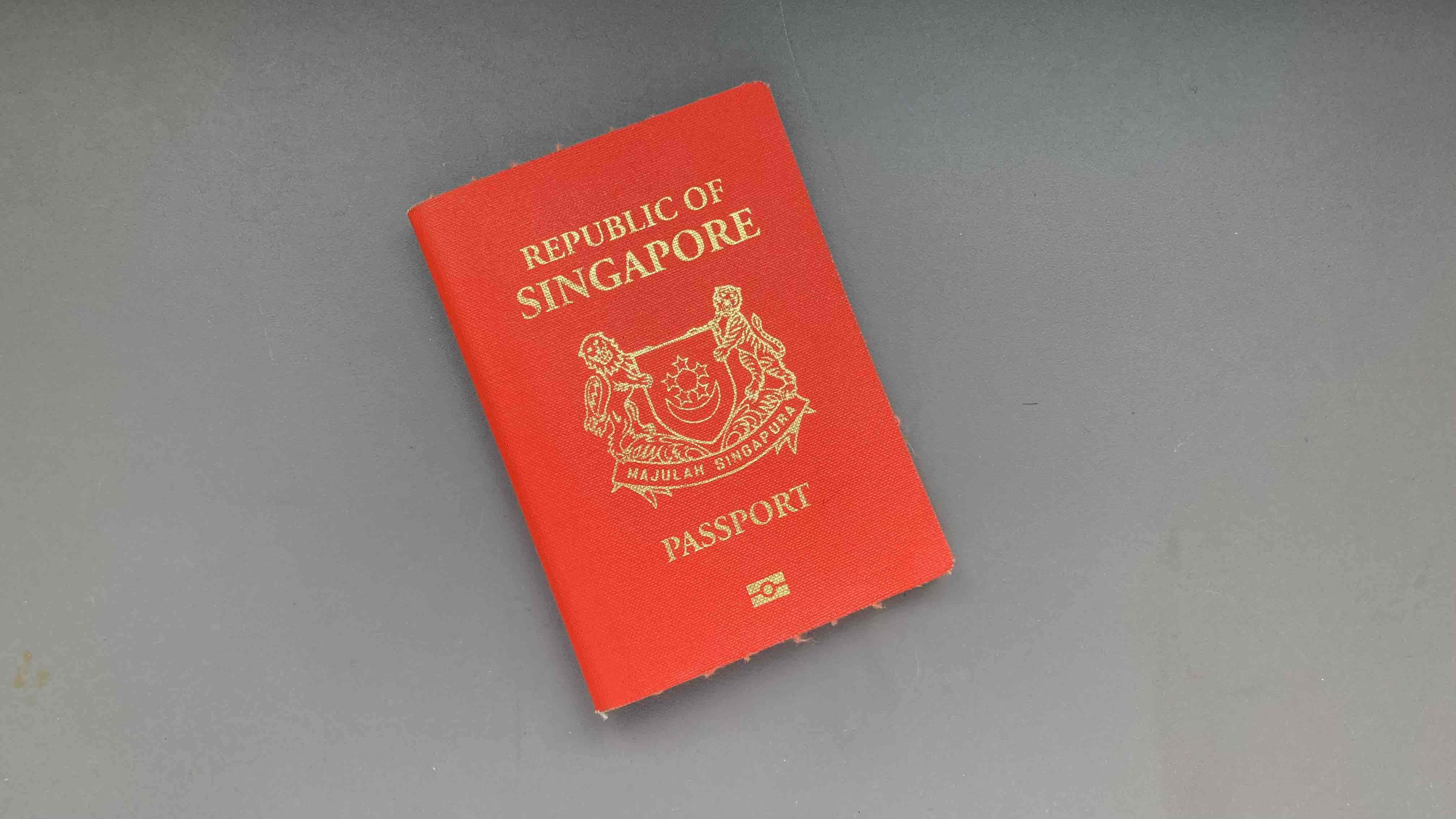
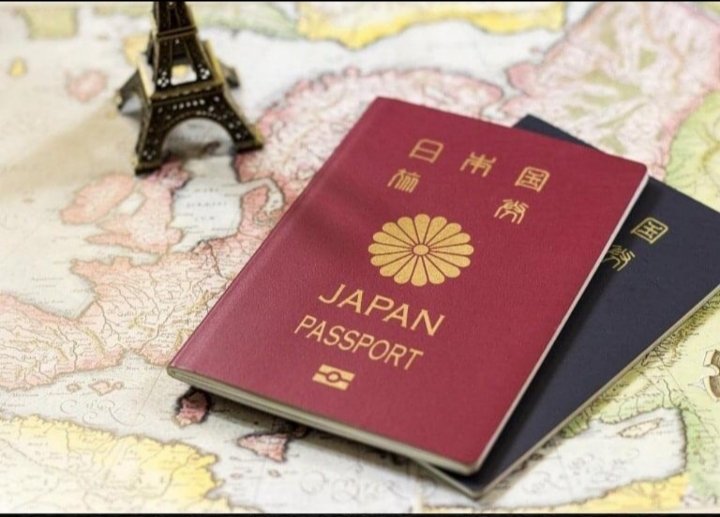
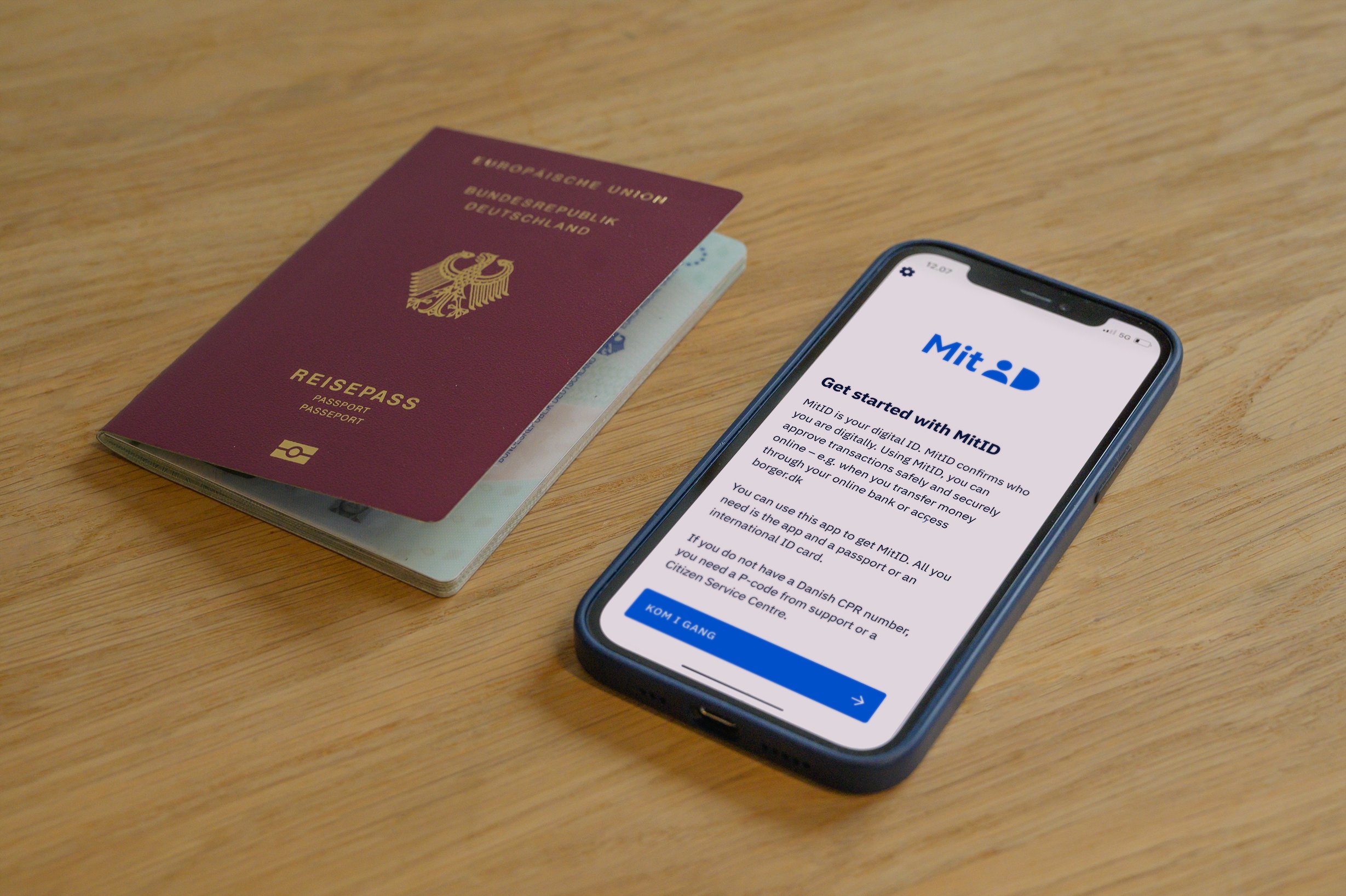
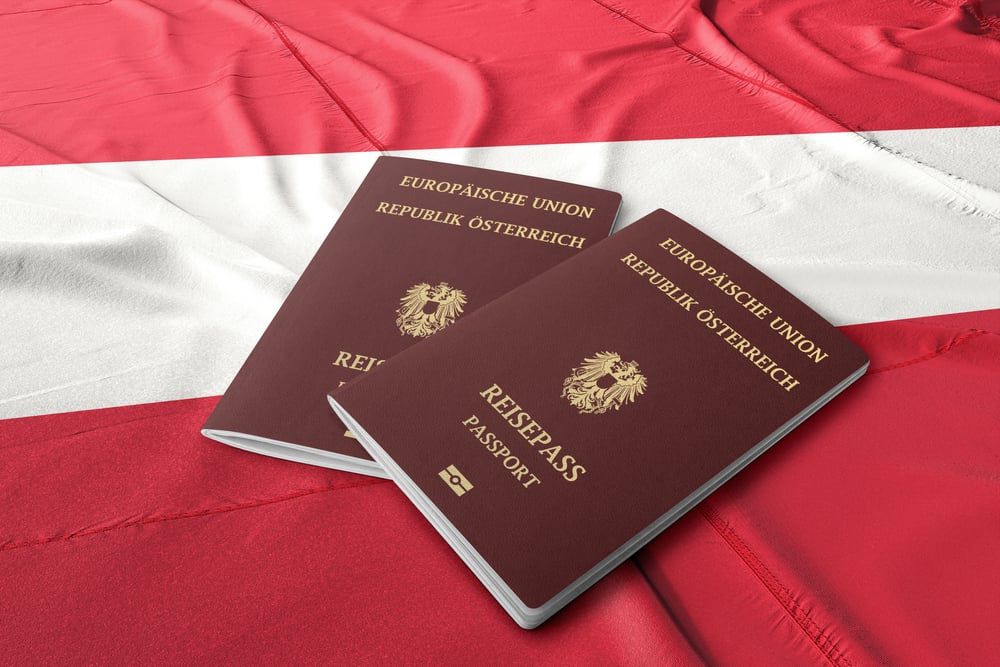
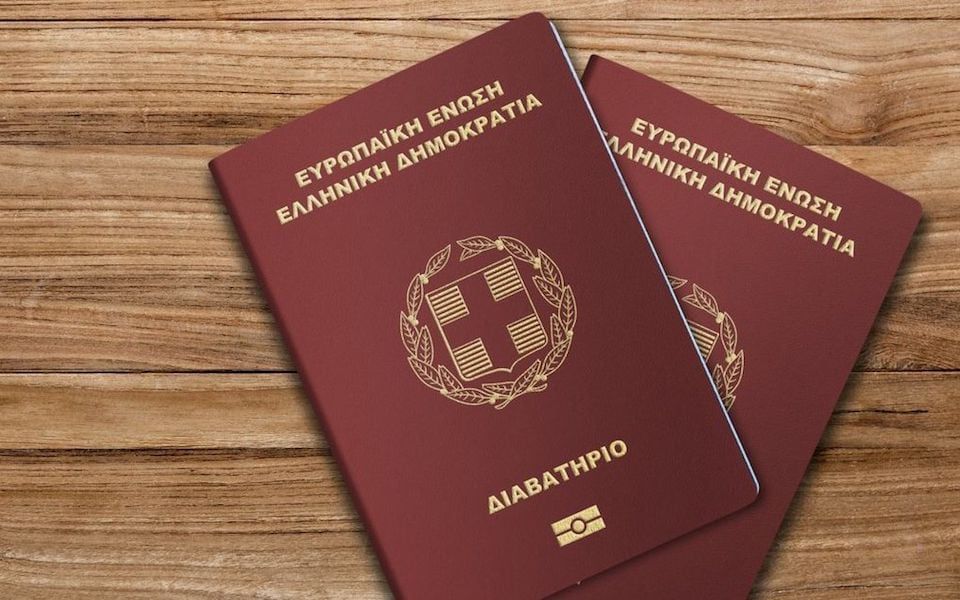
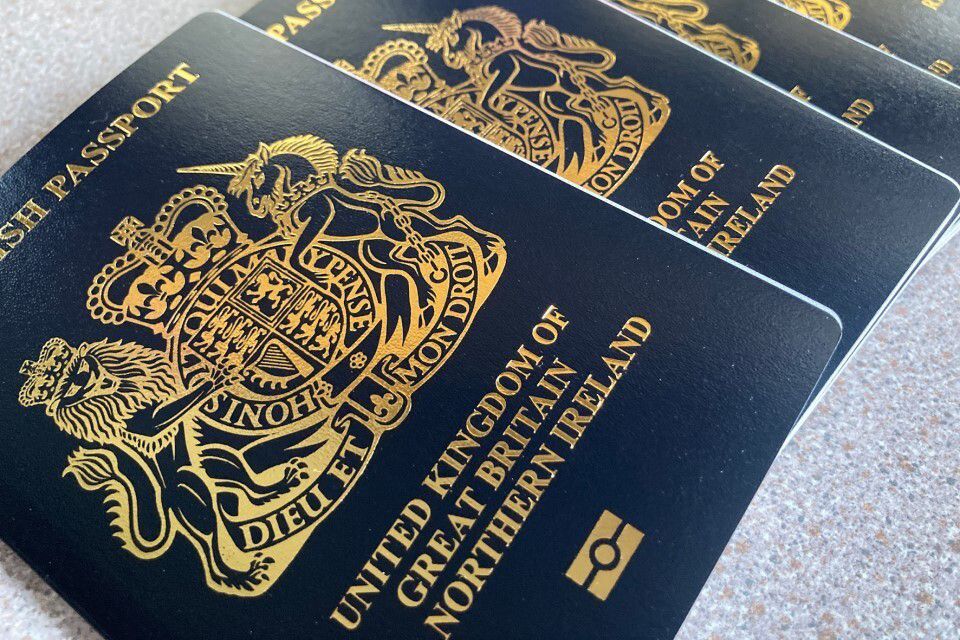
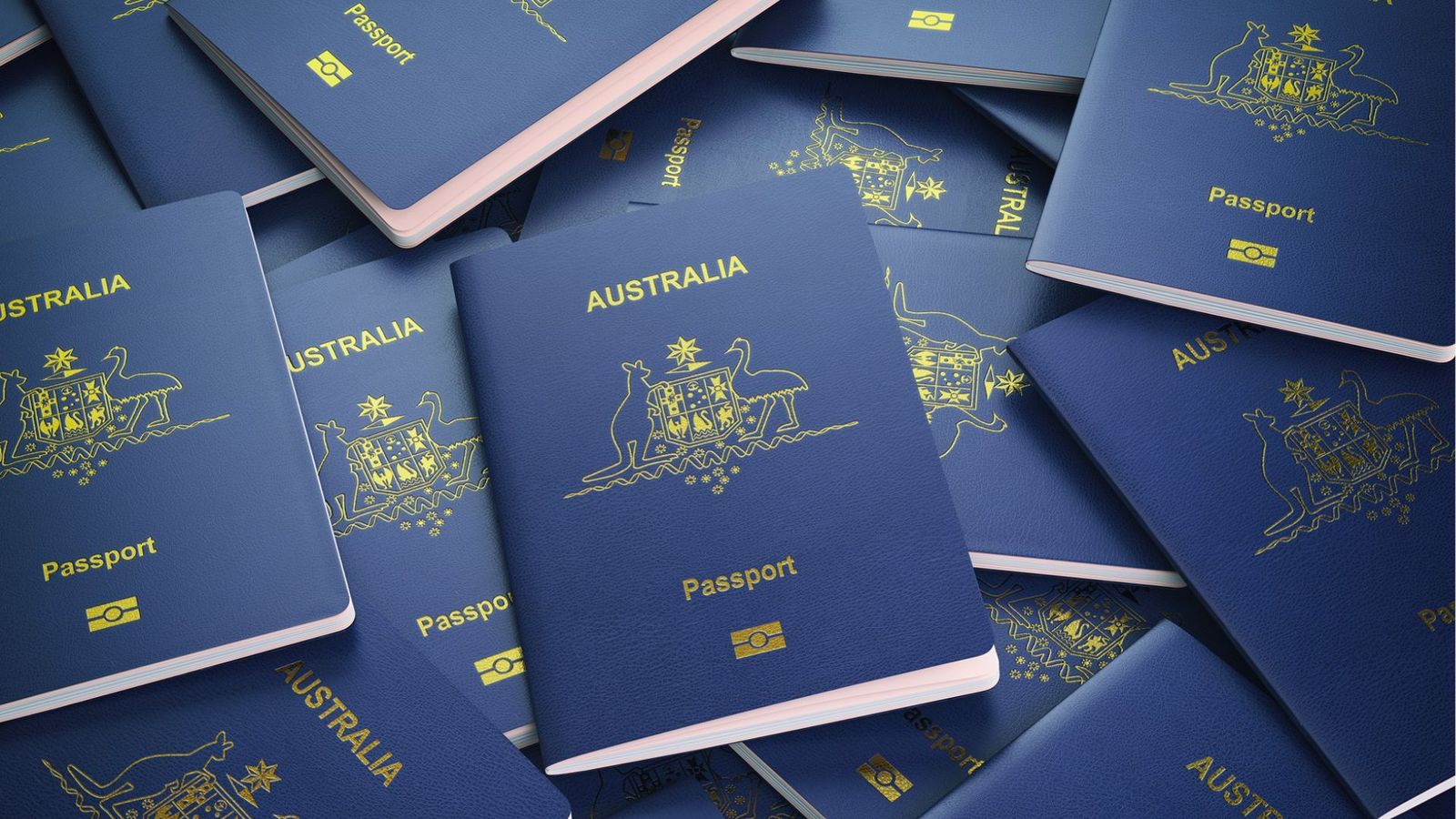
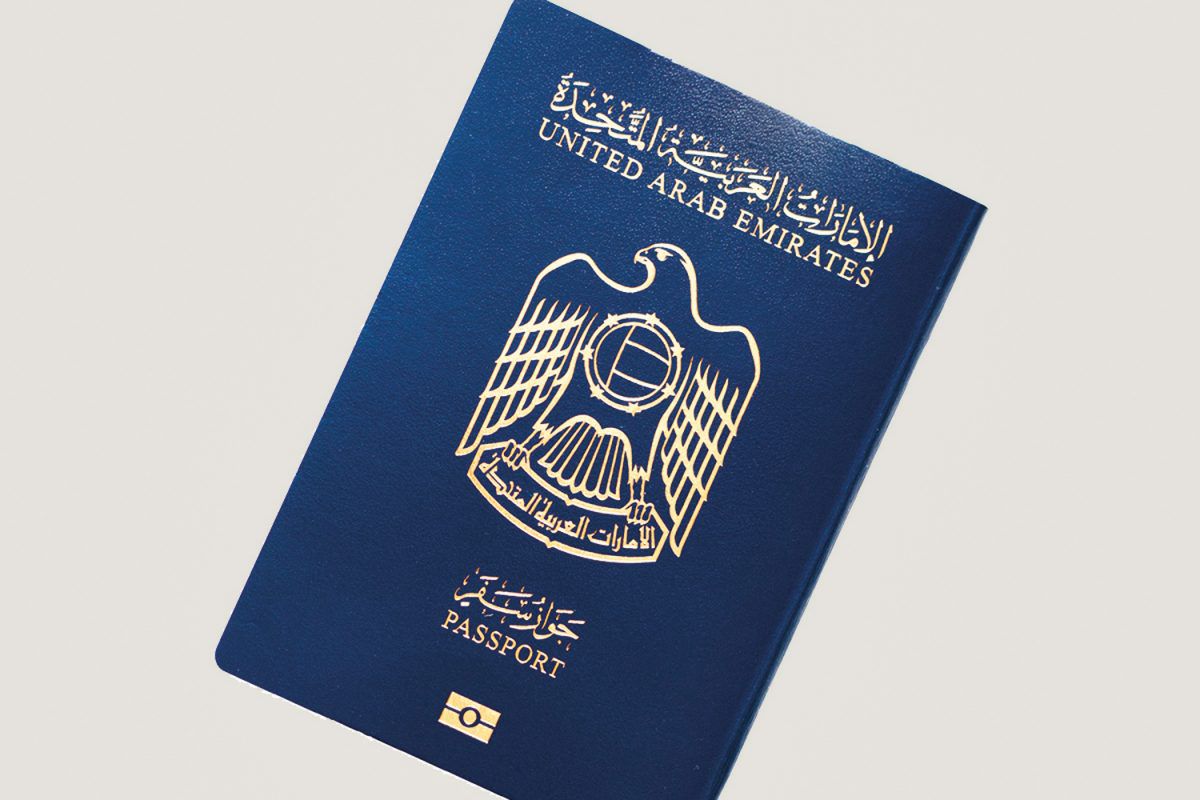






.jpg)
.jpg)
.jpg)